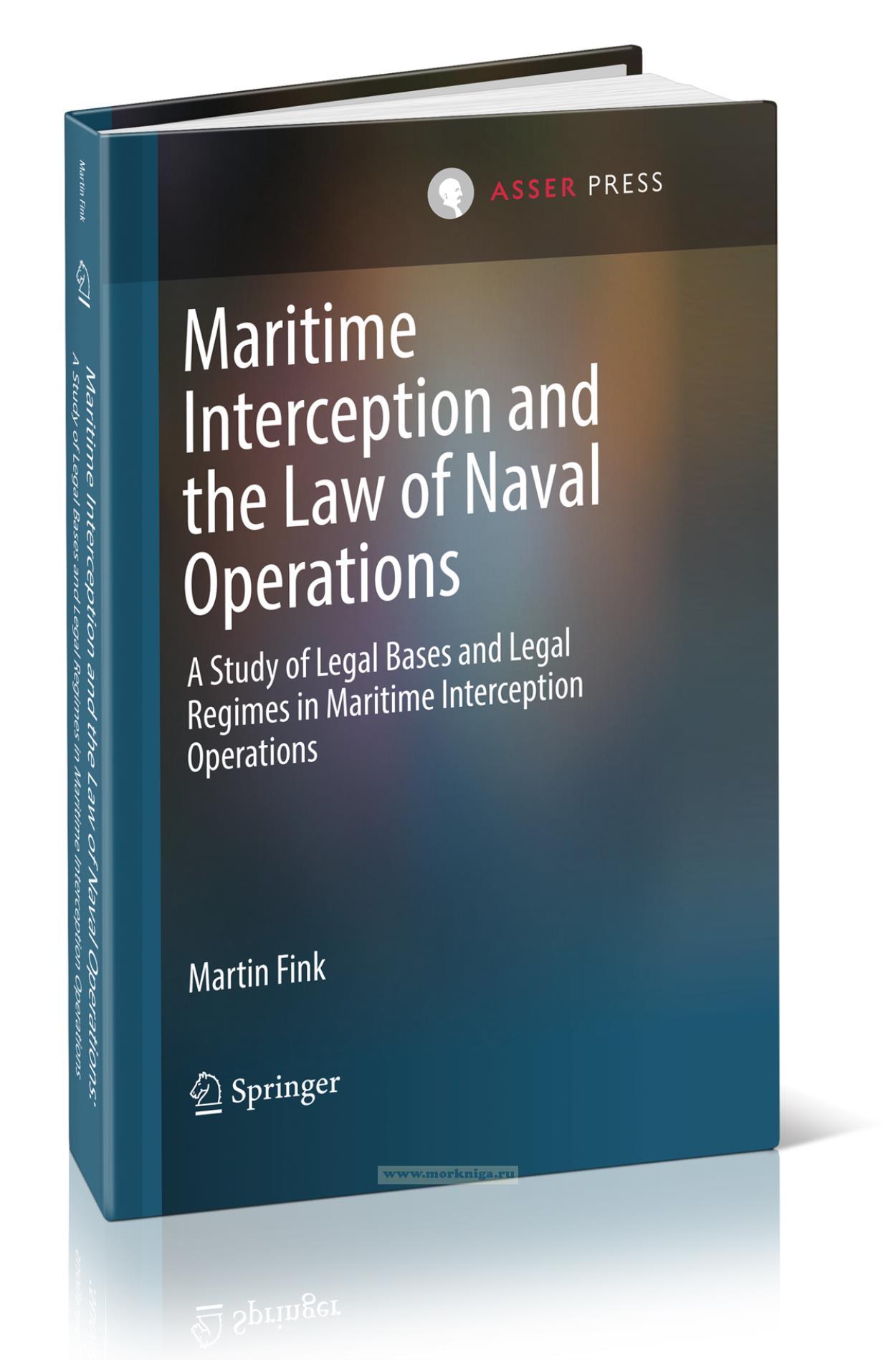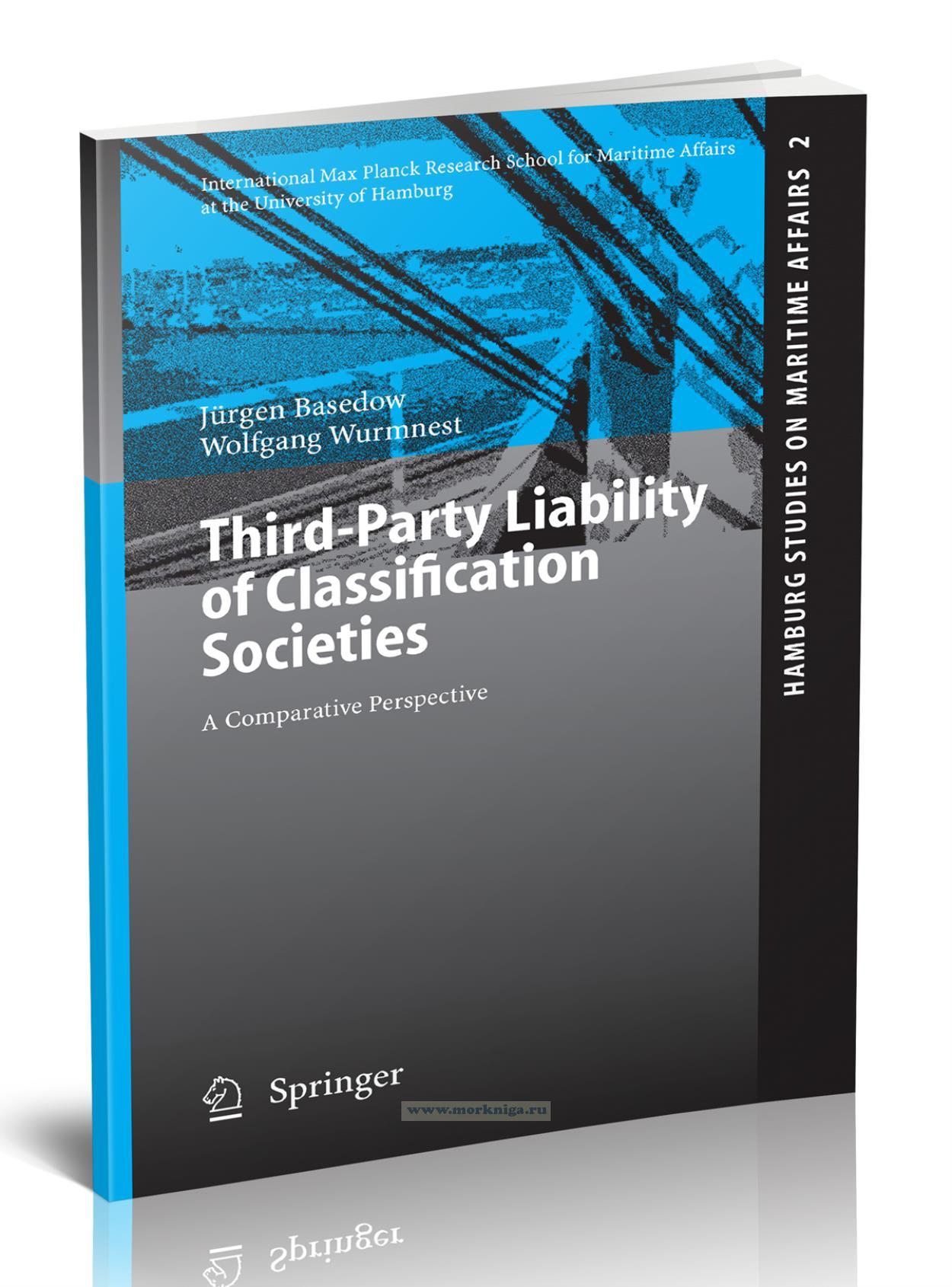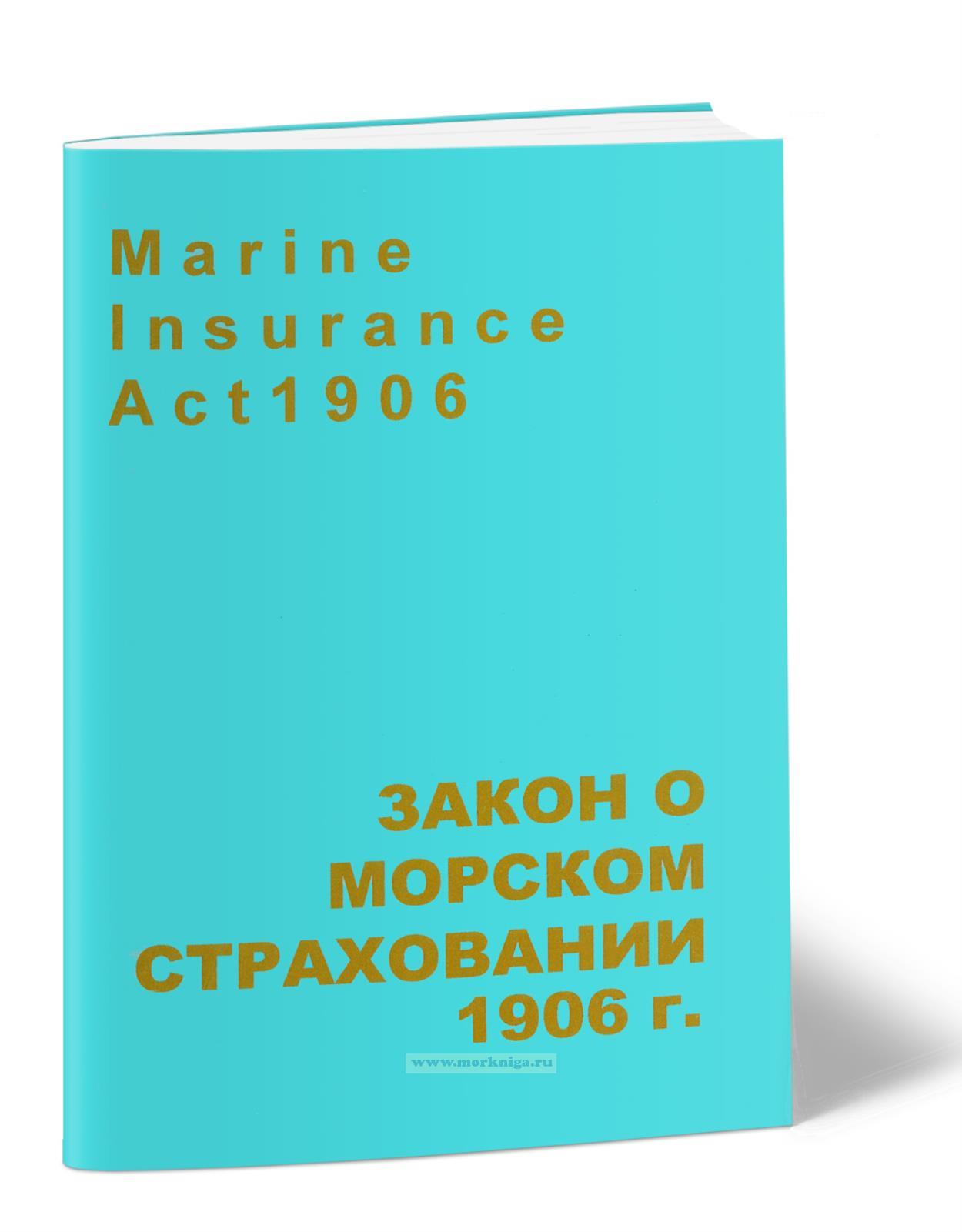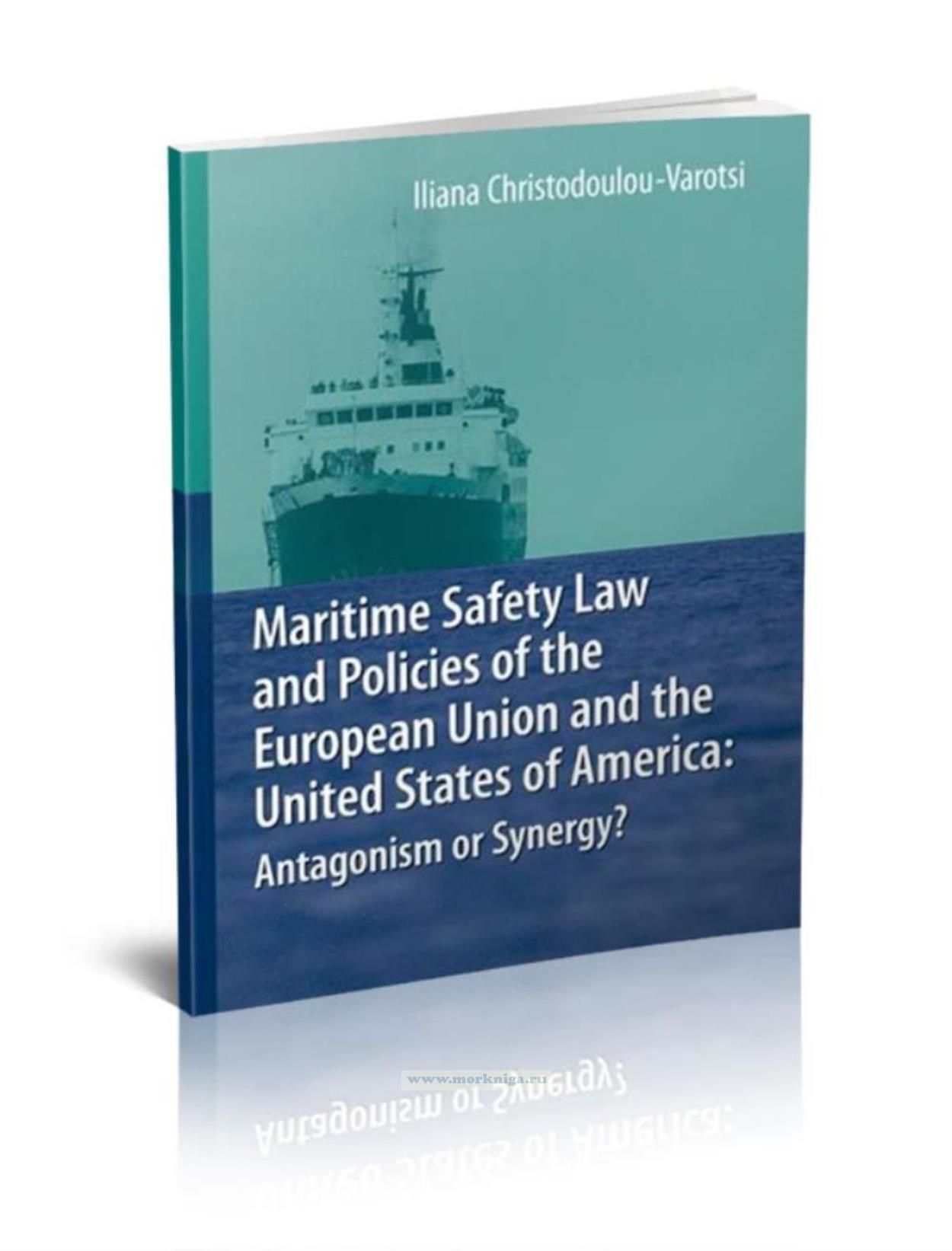Maritime Safety Law and Policies of the European Union and the United States of America: Antagonism or Synergy?/Закон о безопасности на море и политика Европейского Союза и Соединенных Штатов Америки: антагонизм или синергия?
-
 Maritime Interception and the Law of Naval Operations/Морской перехват и право военно-морских операций
Maritime Interception and the Law of Naval Operations/Морской перехват и право военно-морских операций
-
 Third-Party Liability of Classification Societies. A Comparative Perspective/Ответственность классификационных обществ перед третьими лицами. Сравнительная перспектива
Third-Party Liability of Classification Societies. A Comparative Perspective/Ответственность классификационных обществ перед третьими лицами. Сравнительная перспектива
-
 Закон о морском страховании 1906 г. (английский и русский тексты)
Закон о морском страховании 1906 г. (английский и русский тексты)
Издание на английском языке
The International Maritime Organization (IMO), as the United Nations specialized agency responsible for the regulation of shipping engaged in international trade from the points of view of maritime safety and the prevention and control of pollution by ships, recognizes that these goals can only be effectively achieved if each and every link in the corresponding chain of responsibility meets fully its obligations.
Flag, port and coastal States, as well as the shipping industry itself, all have roles to play in collectively improving safety and protecting the environment, both marine and atmospheric, through the development, adoption, and uniform implementation and enforcement of, global standards.
In this book, Dr. Christodoulou-Varotsi sets out to explore the extent to which the actions of the European Union and the United States, as the main originators of high standards in these fields, constitute a paradigm to the rest of the international maritime community. In this regard, while underscoring the need for a holistic, multilateral approach to maritime regulation – as epitomized by the work of IMO – the author explores how standards could be enhanced through the use of unilateral action.
In so doing, she raises the question of whether certain manifestations of unilateralism, illustrated by instruments proposed or adopted by the European Union and the United States, should or should not be integrated into the international law-making process to improve maritime safety and environmental protection. She concludes that unilateralism should be seen as a potential stage towards international action, rather than as constituting the solution to a problem, and should be exercised only exceptionally, when the possibility of reaching the desired outcome at the international level has been exhausted.
With particular reference to the control and reduction of marine pollution, Dr. Christodoulou-Varotsi explores suggestions towards a system focusing on prepollution prevention, where the market (through permits, for example), rather than Governments, would be the chief regulatory force. While demonstrating a marked degree of confidence in the capacity of private operators for self-regulation, the legal potential of such an approach in the shipping context is, as the author recognizes, yet to be fully explored.
Contents
Acknowledgements
Abstract
Introduction
Preliminary part: Universalism in maritime law as a point of reference for lawmakers: Myth and reality
1. From the point of view of the flag State
2. From the point of view of the coastal State
3. From the point of view of the port State
Part I: Overall position of the EU and the U.S. towards universal maritime safety standards: Common standards, but …
1. The EU “Common Maritime Transport Policy” on maritime safety and marine environment protection: Uniform, enhanced and anticipated rules
1.1. The context
1.2. The regulatory framework: Brief overview
1.3. In quest of unilateralism: The EU maritime legislature’s approach and method
2. The maritime safety and anti-pollution legal framework in the U.S.: The quest for optimum safety, the quest for limits to the traditional standard-setting process
2.1. The quest for optimum safety in U.S. waters
2.2. The regulatory framework: Brief overview
2.3. The quest for unilateralism: The U.S. legislature’s approach and method
Part II: The search for common trends: A substantive law approach in the light of prevention, preparedness/response and liability
1. Prevention
1.1. Design and construction of oil tankers
1.2. Requirements on the human element
1.3. Port State Control (PSC)
2. Preparedness and the ability to respond: The need for promptness and effectiveness put to the test
2.1. Viewing past incidents
2.2. The legal framework: Building on the the International Convention on Oil Pollution, Preparedness, Response, and Cooperation (OPRC) and on regional cooperation
2.3. Assessment
3. Liability issues for marine pollution: The paradigm of oil
3.1. The international regime on limitation of liability for maritime claims: A consolidated, yet greatly challenged point of reference for the regime in Europe
3.2. Limitation of liability for oil pollution in the U.S.: Brief overview
Concluding remarks – Recommendations
1. The old debate is not dead: Freedom of the seas vs. coastal States’ rights
2. The “problem of synergy and antagonism” as part of the “solution”
3. Viewing the potential of underestimated directions by legislators: Marketoriented incentives in support of qualitative shipping
Bibliography
Index

